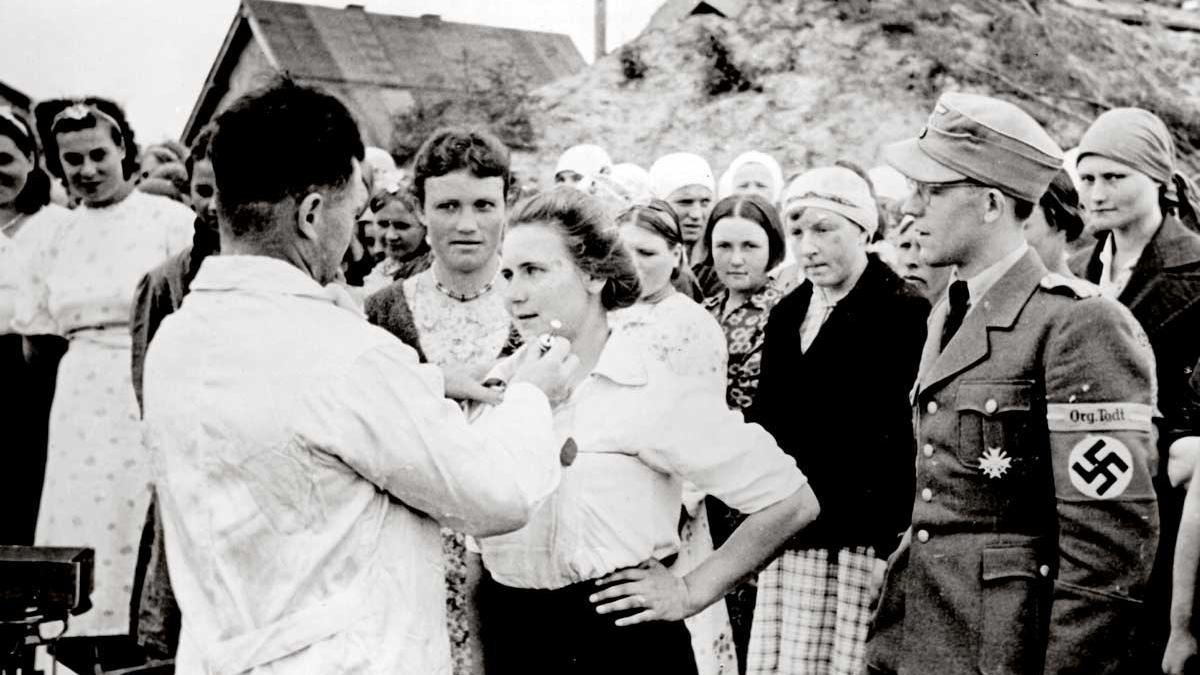“`html
A Shocking Look at Nazi Medical Crimes: Honoring Victims with a New Database
Forced medical research under Nazism was a horrific chapter in human history that left tens of thousands of victims—prisoners of war, Sintis and Romaní, Jews, and people with disabilities—subjected to unimaginable cruelty. The new database launched by the Max Planck Society seeks to shed light on this dark past, compiling the names and biographies of over 16,000 victims of these barbaric experiments, with another 13,000 cases still awaiting investigation.
According to Heinz Wässle, Emeritus Director of the Max Planck Institute for Cerebral Research, “This database is a digital memorial.” He poignantly reminds us, “only one person is forgotten when his name is forgotten”—echoing a vital principle that we must hold dear: never forget the names of those who suffered!
Uncovering the Unthinkable: Over 200 Institutions Complicit in Nazi Atrocities
A recent report by the Lancet Commission on Medicine, National Socialism, and the Holocaust reveals a shocking truth: more than 200 institutions across Europe were involved in the Nazi regime’s medical crimes. It’s chilling to see how doctors and scientists justified their heinous acts, including sterilizations and euthanasias, citing “racial affiliation.” Scarily, few were held accountable after the war, and many continued their careers uninterrupted.
Historians warn us that the legacy of these vile practices persisted for decades, with findings from concentration camps often used in prestigious scientific journals, perpetuating a cycle of violence within the scientific community. For instance, the application of results from inhumane experiments on cold tolerance and other fields raises serious questions about the ethics of scientific progress.
Remembering the Forgotten: The Need for a Critical Review of Medical Practices
It wasn’t until the 1980s and 1990s that a serious examination of these atrocious practices began. Only after social pressure did institutions like the Max Planck Society begin to face their shameful past. This new database is not just a repository of names; it’s a powerful tool for uncovering the hidden histories of the victims and fostering a culture of remembrance in our digital world.
Sabine Hildebrandt from Harvard emphasizes that “classification and contextualization are not enough: they must be complemented with the name of the victims, their biographies and their suffering.” This project is a step towards ensuring that our remembrance is both rich and meaningful.
The ongoing commitment to unveil the identity of those victimized by Nazi medicine sends a clear message: the responsibility of science against violence never prescribes. We must remain vigilant, for experimentation on human beings is not just a thing of the past but continues in various forms around the globe, during and post-colonial times.
“`













Leave a Reply